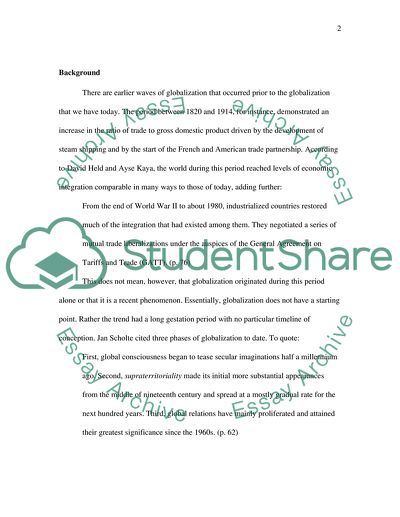Cite this document
(What Is the Relationship between Globalization, Poverty and Inequality Coursework, n.d.)
What Is the Relationship between Globalization, Poverty and Inequality Coursework. Retrieved from https://studentshare.org/macro-microeconomics/1561947-what-is-the-relationship-between-globalisation-poverty-and-inequality
What Is the Relationship between Globalization, Poverty and Inequality Coursework. Retrieved from https://studentshare.org/macro-microeconomics/1561947-what-is-the-relationship-between-globalisation-poverty-and-inequality
(What Is the Relationship Between Globalization, Poverty and Inequality Coursework)
What Is the Relationship Between Globalization, Poverty and Inequality Coursework. https://studentshare.org/macro-microeconomics/1561947-what-is-the-relationship-between-globalisation-poverty-and-inequality.
What Is the Relationship Between Globalization, Poverty and Inequality Coursework. https://studentshare.org/macro-microeconomics/1561947-what-is-the-relationship-between-globalisation-poverty-and-inequality.
“What Is the Relationship Between Globalization, Poverty and Inequality Coursework”. https://studentshare.org/macro-microeconomics/1561947-what-is-the-relationship-between-globalisation-poverty-and-inequality.


